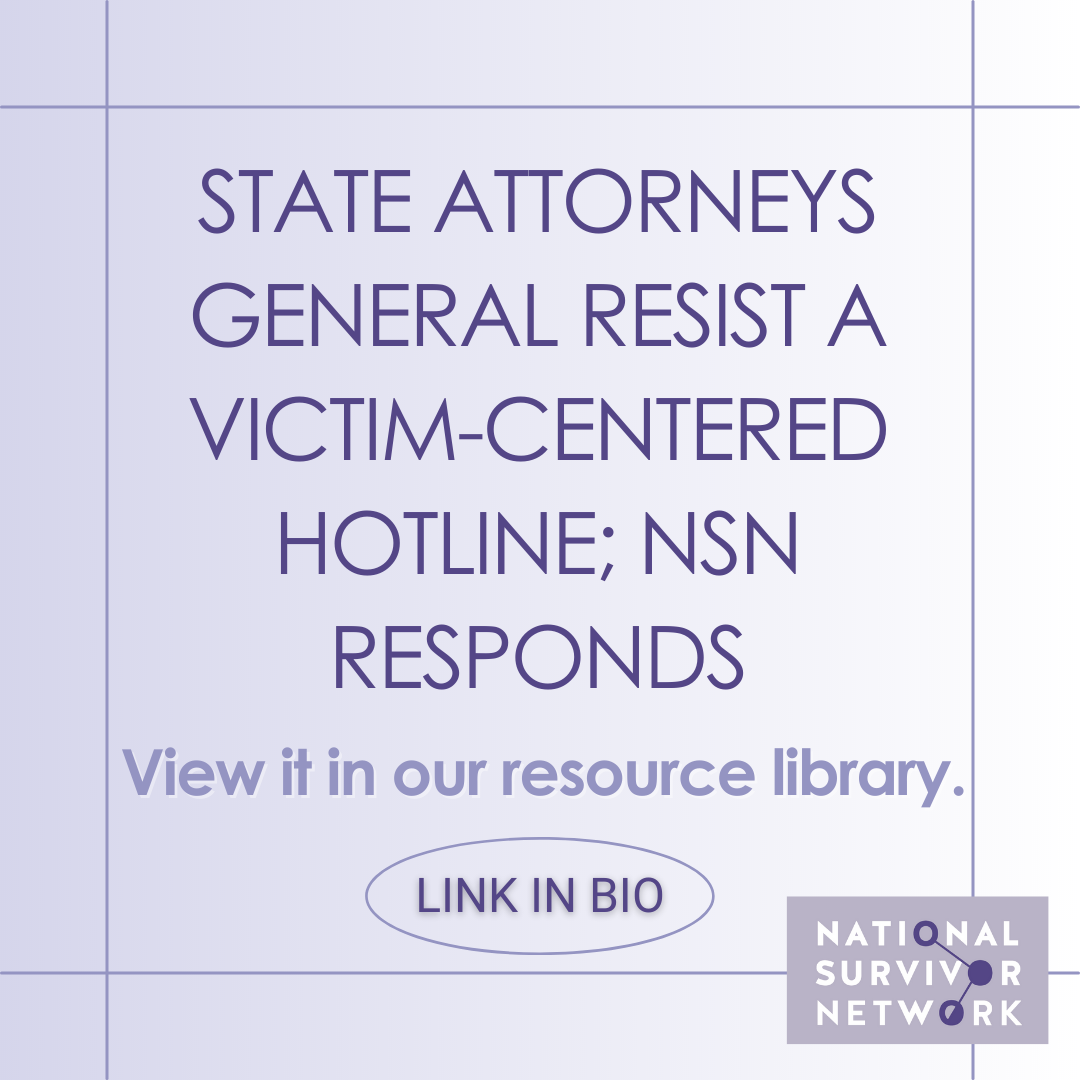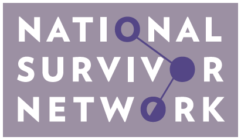March 3, 2023 | Category: News and Updates

On February 27, a group of 36 States’ Attorneys General sent a letter to legislators expressing complaints over a recent clarification by Polaris that it does not automatically forward all hotline tips to law enforcement. Polaris has clarified that they report all situations in which a survivor request law enforcement involvement for themselves, any credible second-hand tips in which it appears clear that the survivor is unable to request help for themselves, and “all situations involving children to appropriate authorities as directed by state and federal protocols. The Trafficking Hotline will also report situations where immediate and escalating violence can be heard or observed.” (Polaris Statement) While this is not 100%, this results in a not-insignificant number of tips being reported to law enforcement.
In our efforts to build partnerships with survivors from communities at highest risk for trafficking (many of whom are also at the highest risk of or have already experienced state violence), fear of nonconsensual law enforcement is the number one reason they will not reach out to the national hotline, even in the direst of emergencies. Specific to commercial sex, our attempts to build trust with sex worker harm reductionists — the very people best positioned to support those experiencing violence in the sex trades — have been impeded by fears that “tips” will lead to increased policing and state or community harassment of sex workers.
We have written a letter to the legislators contacted by the National Association of Attorneys General outlining the reasons we applaud the National Human Trafficking Hotline’s policy of not automatically referring all tips to law enforcement, and why we fear that a change in this policy would be detrimental to survivors. For each of the following reasons, we offer examples and support in our full letter:
- Fear of nonconsensual law enforcement will stop people from reporting.
- Automatic engagement of law enforcement without survivor consent will disproportionately impact the communities at the highest risk of human trafficking, thus increasing vulnerability.
- A hotline can either be for survivors or to increase policing and prosecution, but trying to be for both is a conflict of interest.
- Misinformation, sensationalism, and racialized bias in anti-trafficking “awareness” has led to confusion about what trafficking is, and engaging law enforcement based on every second-hand report will create racialized and gendered harassment of vulnerable communities.
- Hotline calls are an unreliable source of data about human trafficking.
- A hotline geared towards supporting victims ultimately benefits criminal legal engagement for those survivors who choose to report.
The National Human Trafficking Hotline has its flaws. Many of our members have legitimate complaints about Polaris and the National Human Trafficking Hotline, and we continue to advocate on their behalf. However, while we are clear and committed to naming harm so that we can repair it, we remain equally committed to naming the positive steps organizations take to affirm their commitment to victim-centered care that honors survivor autonomy.
For law enforcement to advocate against survivors’ access to survivor-centered support in the name of advancing their interests is to put the needs of the criminal legal system (a system that disproportionately arrests, incarcerates, and deports BIPOC survivors) above the needs of the victims themselves.
Learn more in our full letter: A Victim-Centered Hotline.
View more of our policy positions in the policy section of our Resource Library.
